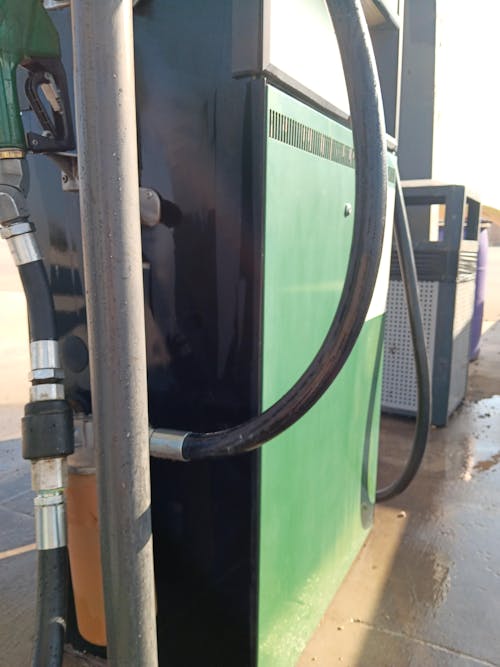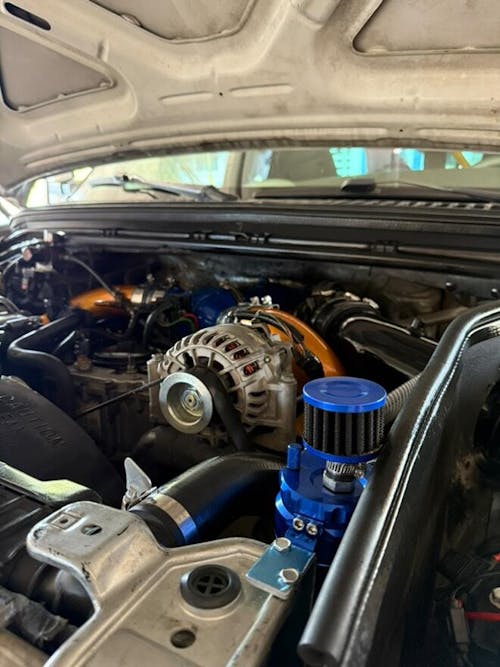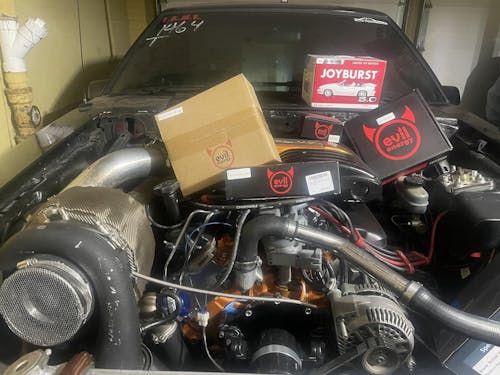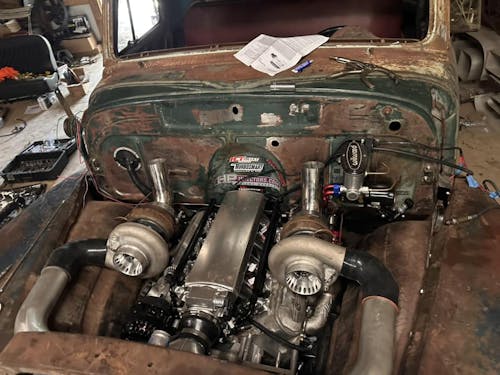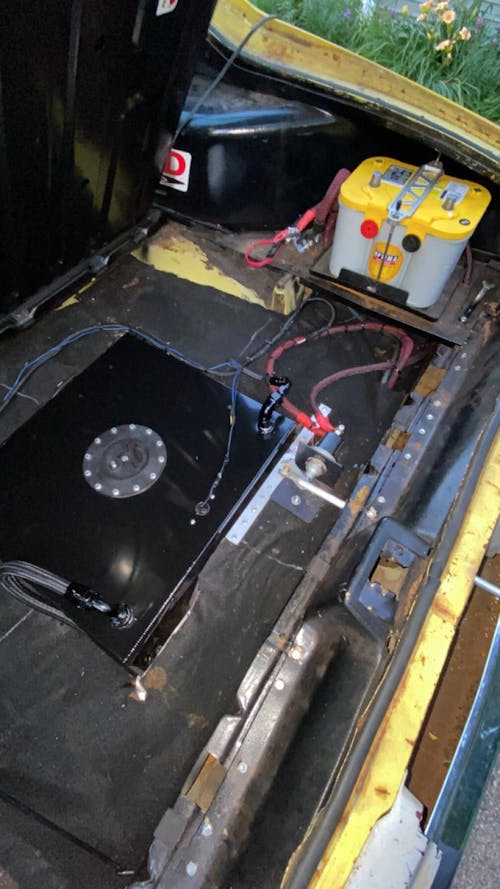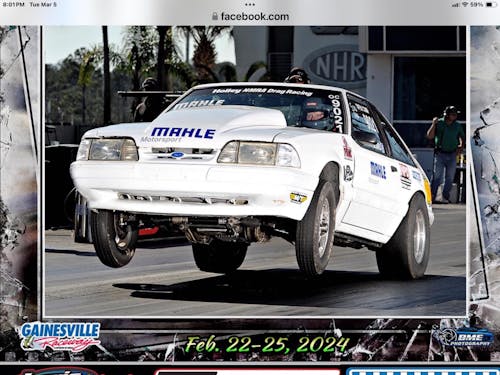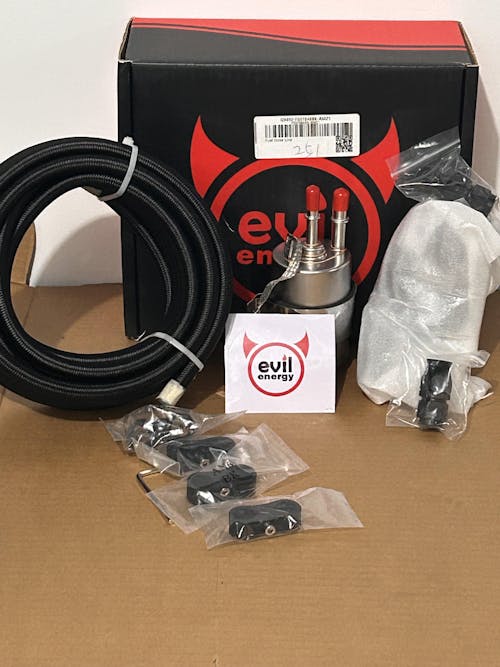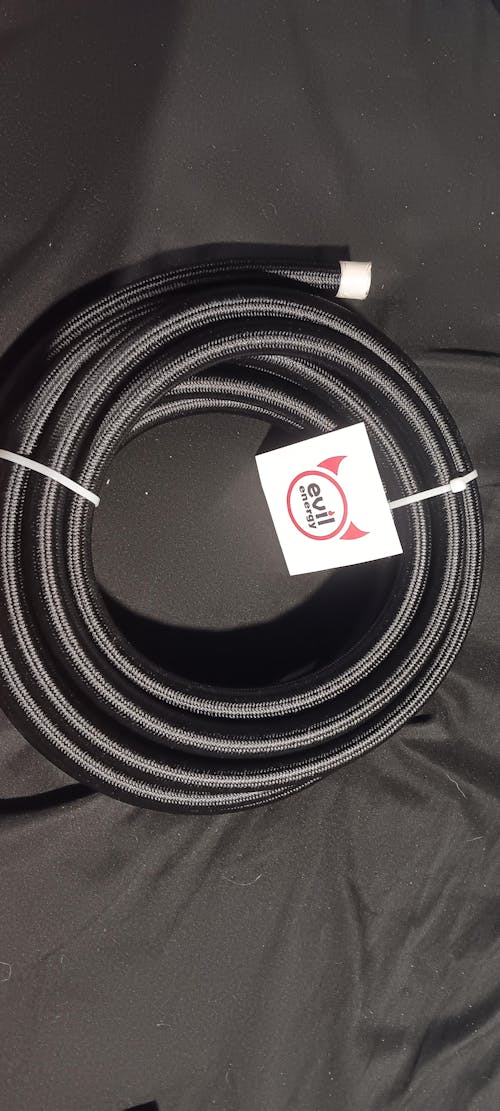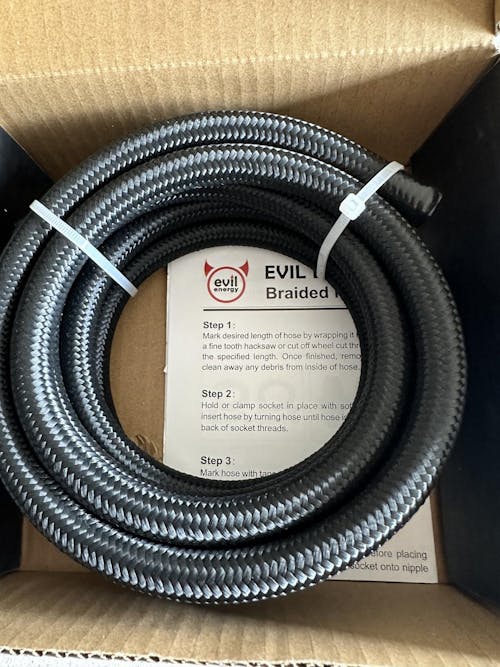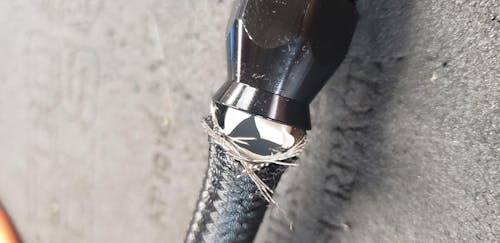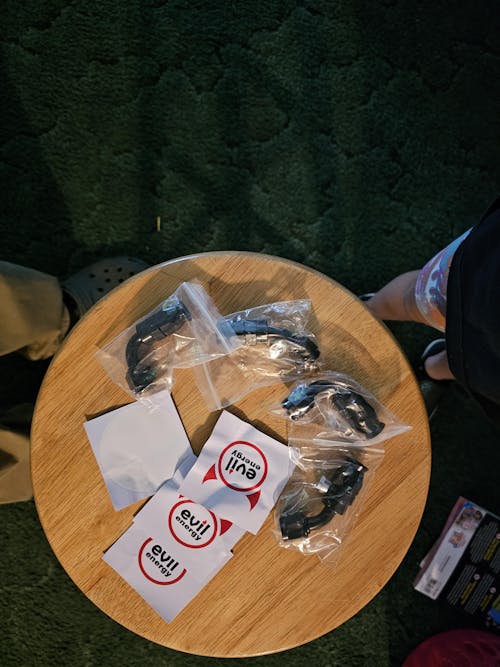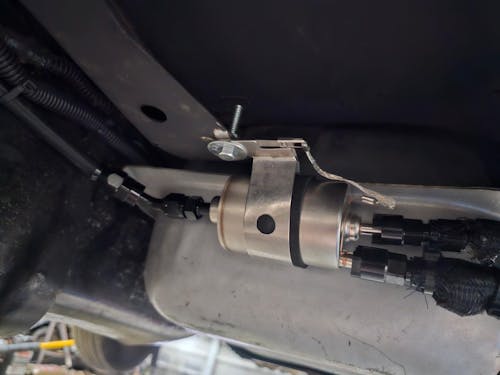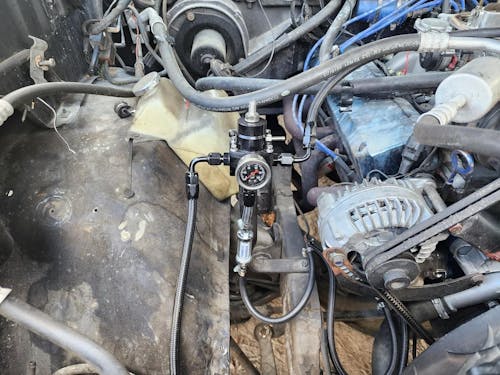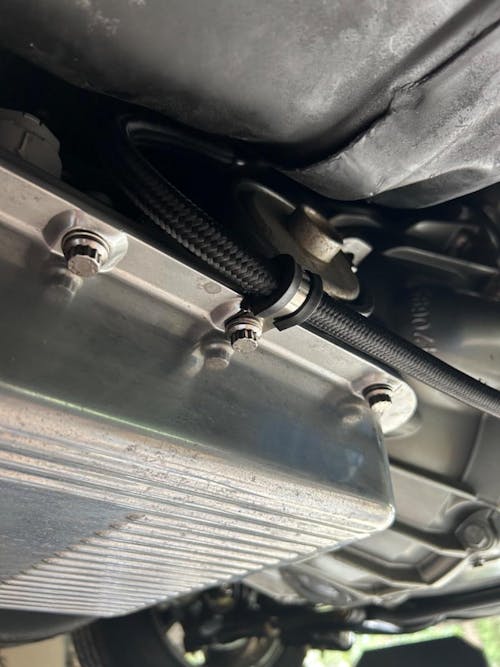FUEL LINE FILTERS AND FITTINGS: THE ULTIMATE GUIDE
FUEL LINE FILTERS AND FITTINGS: THE ULTIMATE GUIDE
All car owners know the significance of cleaner fuel engine lines. These fuel lines carry fuel from one point to another. However, fuel can bring many impurities that can damage the car in the long run. To reduce the risk, it is always recommended to invest in high-quality fuel line filters and fittings that can help in the long run without worrying too much about the car’s safety. If you want to know more about fuel line filters and fittings, keep reading!
Fuel Line Filters

A fuel line filter is a small yet essential component in every diesel or petrol-engine vehicle. The primary function of these filters is to help purify petrol/diesel and screen out every impurities present to keep the engine safe from harmful wreckage.
It’s important to note that fuel line filters can only control a specific amount of pressure, so make sure to use the filter that handles your vehicle’s fuel pressure.
How Do they work?
Fuel filters are fitted with a fuel line present between the fuel tank and the fuel system in the engine. When fuel flows through the fuel line, it eventually goes through the filter that collects all the debris or dirt entering the engine.
In addition, it is crucial to notice the categorization of micron ratings. Because they specify the filter’s particle-capturing capabilities. For instance, one macron rating can capture 39 million of an inch (0.000039) of dirt particles.
How Often Filters Should Be Replaced?
It is recommended that fuel line filters should be replaced every two years or after every 30,000 to 60,000 miles. However, for a more precise guideline, you may consult the car manual or instructions provided by the brand.
Replacing the filters is quite budget-friendly because it requires to be done twice a year, so neglecting them should not be an option.
Effects of Ignoring Filter Care
If fuel line filters are left clogged, it may cause several issues, such as:
⦁ The vehicle will take ages to start, or it may not start.
⦁ Debris in the fuel line may prevent the engine from getting enough fuel, hence resulting in shutting down the car.
⦁ It can cause sudden and loud noises from the fuel pump, indicating potential hardware damage.
Types of Fuel Line Filters
There are two types of fuel line filters. An inline filter is made of metal or plastic units and is connected to a fuel hose. These filters have an inlet connected to the inside of the fuel pump and an outlet on the outer side. This filter usually connects the engine and the fuel tank. The other type, cartridge filter, consists of a replaceable bowl that contains filtering paper or synthetic material. If you wish to change the filter, you can unscrew the bowl and change the filter.
Best Fuel Filters
If you are looking for top-quality fuel line filters, listed below are some recommendations:
⦁ Evil Energy 30-Micron Inline Fuel Filter

30 Micron Inline Fuel Filter, by Evil Energy, with 6AN 8AN 10AN Adapter Universal 60MM, is an excellent product. It is made up of an aluminum can, and the filters are manufactured with stainless steel. This filter can collect 30 microns and above to purify the fuel.
⦁ Inline Fuel Filter 100 Micron

Another hit product by Evil Energy is the Inline Fuel Filter 100 Micron. This filter comes with a 6/8/10AN Adapter Universal 50MM. It is an ideal pick for filtering gasoline, diesel, and other fuels. This filter can capture 100-micron particles and ensures vehicle safety, and it is easy to replace and easy to clean.
Fuel Line Fittings
Fuel line fittings are essential components that are present in every vehicle. These fittings are made to facilitate the safe and smooth flow of liquid or gaseous fuel from one point to another. These fittings help join numerous sections, seal them together, and ensure the required flow throughout the vehicle. Fuel line fittings are made of various materials, such as bras, aluminum, or steel.
However, choosing the type of material of the filter depends on the fuel you are using for the transportation.
Types of Fuel Line Fittings
There are three common types of fuel line fittings named as, (AN) army navy fittings, quick-connect fittings, and barbed fittings.
AN fitting is used in high-performance vehicles, which provides a secure and durable connection for fuel.
Quick-connect fittings – as the name suggested, these fittings fall into the category of a push-and-pull mechanism. It allows a quick attachment and detachment without any tools. These fittings are extremely common in modern automotive fuel systems because they are convenient and straightforward to maintain.
Barbed fittings contain one or more rims or bumps to keep the fuel line securely in one place. These kinds of fittings are used in low-pressure applications.
EVIL ENERGY PTFE E85 Fuel 10/20/25FT

While purchasing the best fuel line fittings, you must ensure that the diameter of the fuel is not too small. Also, the temperature resistance should be able to handle extreme temperatures. Fuel Line Nylon Braided Fuel Hose is an ideal choice, keeping this consideration in mind, as it offers various hose lengths to meet your needs.
Bottom Line
Fuel line filters and fittings are an essential part of every vehicle, so it is crucial to have a clear understanding of them. If neglected for too long, both items can cause inconveniences. The fuel line filter is essential because fuel travels for miles through rusty pipes, crude oils, and tiny spaces and can bring particles into the engine.
On the other hand, fuel line fittings are crucial because they ensure the vehicle gets the right amount of flow. So, investing in good-quality fuel line fittings ensures the flow is safe and efficient.


![EVIL ENERGY 4/6/8/10AN PTFE Fuel Line Kit | E85 Nylon Braided Hose | 16/20FT Black Black with Comprehensive Fittings [20FT]](http://www.ievilenergy.com/cdn/shop/files/Test-2025-Evilenergy-125598065_165x.png?v=1742144807)
![ptfe hose fitting kit [16FT]](http://www.ievilenergy.com/cdn/shop/files/Test-2025-Evilenergy-125598171_165x.png?v=1742144807)
![CPE Fuel Line[25FT]](http://www.ievilenergy.com/cdn/shop/files/25FTCPE_FuelLine_165x.png?v=1735220649)
![CPE Fuel Line[20FT]](http://www.ievilenergy.com/cdn/shop/files/20FTCPE_FuelLine_165x.png?v=1735220649)

